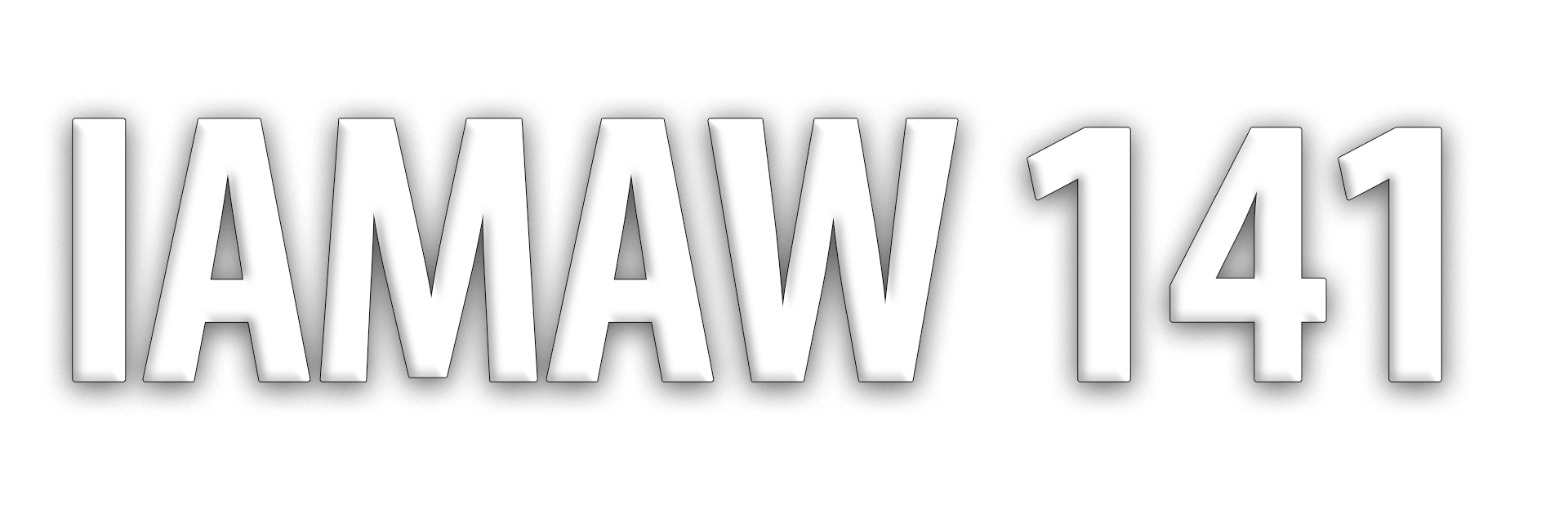Under the law, all workers look alike, regardless of skin color or ethnicity.
Title VII of the Civil Rights Act of 1964 prohibits employment discrimination based on race, color or national origin by a private employer, state or local government or educational institution with 15 or more employees for 20 or more weeks a year.
If you think you have been discriminated against because of your race or ethnicity, you may file employment discrimination charges as an individual or as part of a group (known as “class action”) with the Equal Employment Opportunity Commission. The charges must be filed on an EEOC form within 180 days of the alleged discriminatory act. If you are represented by a Union, contact your Union steward, who can help you file charges. Federal employees must file discrimination charges within their own agency.
You also have a right to file a complaint on a form with the Equal Employment Opportunity Commission, a federal agency that works to protect you from discrimination based on age, sex, race, color, national origin, religion or disability. You can file a charge by calling 800-669-4000 for more information (800-669-6820 for the hearing impaired). All charges must include:
- Your name, address and telephone number.
- Your job title.
- A brief description of the problem.
- When the incident(s) occurred.
- The type of discrimination you encountered.
For more information, visit the EEOC question-and-answer page about discrimination.
For additional resources, visit:
Frequently Asked Questions on the U.S. Department of Justice’s Civil Rights Division site.
Facts About National Origin Discrimination at the EEOC site.
AFL-CIO Civil and Human Rights site, which includes links.
Download the Working for America Institute Publication, Promoting Diversity: Means Testing the Employment Tests.
The NAACP site.
The site of the Mexican American Legal Defense and Education Fund (MALDEF).
The Leadership Conference on Civil Rights site.
AFL-CIO constituency group sites, including:
A. Philip Randolph Institute;
Asian Pacific American Labor Alliance;
Coalition of Black Trade Unionists;
Coalition of Labor Union Women;
Labor Council for Latin American Advancement; and
Pride At Work. top
Prepared by the AFL-CIO, www.aflcio.org/
